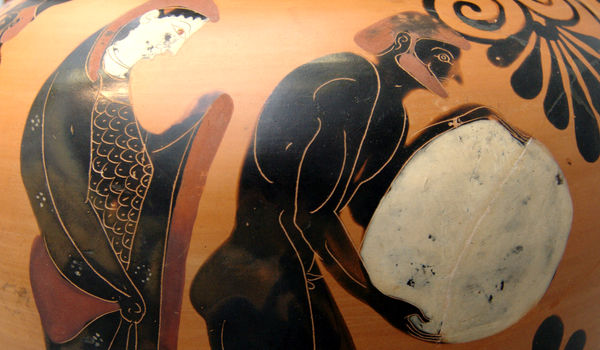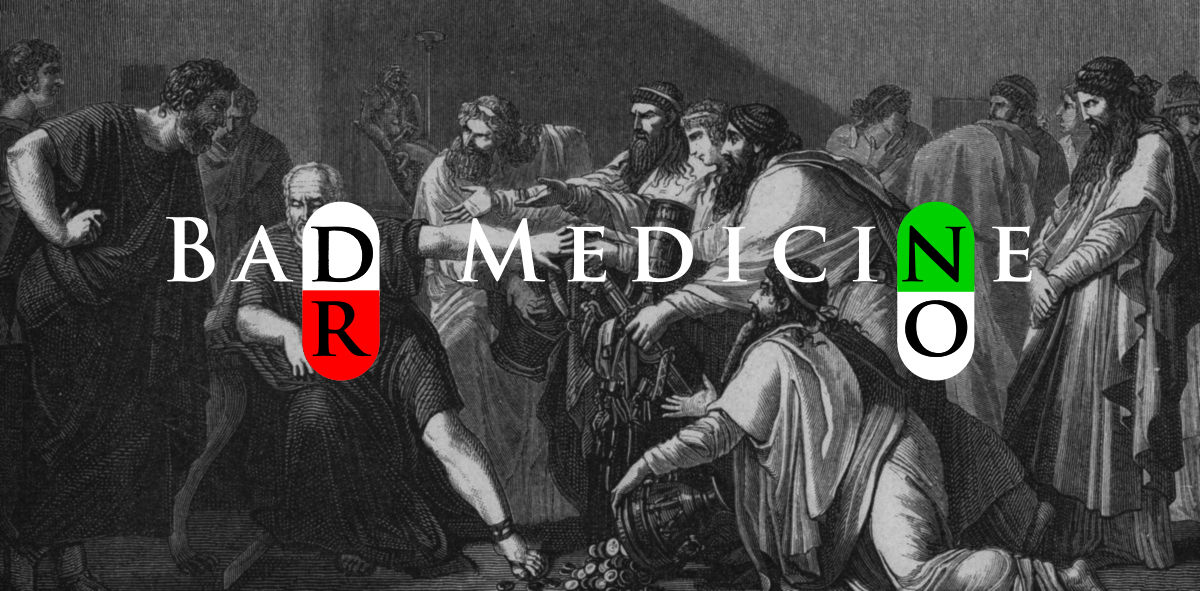Antibodies, Damned Antibodies and Fantasies

It is a truth universally acknowledged, that a population assailed by a pandemic, must be in want of a game-changer. More often than not, the game-changer for covid-19 involves antibodies. Antibodies tests will both allow us to know the true community rate of infection, and allow us to manage the safe return to work of those shown to be immune. Knowing the true community rate of infection in turn allows us to assess how close we are to achieving herd immunity, which in turn can be achieved not by letting the virus rip through the community, but by the benign stimulation of antibody production through vaccination. One way or another, a lot of high hopes rest on antibodies. Hope is a good thing in dark times, but like the stewardess in Moonraker who warns Mr Bond that if he goes any higher, her ears will pop, we too should remember that hopes that get too high can also pop. Instead of a speedy deliverance by Apollo from a modern pandemic, we may as time goes by find we have set our scientists a Sisyphean task.
The first high hope rests on having a reliable antibody test. Antibody testing, also know as serological testing, is the one that looks for the presence of antibodies in the blood. If they are present, it confirms the person has been exposed to the virus, and suggests — we are not yet sure how much or for how long — they have immunity. The problem is we don’t yet have a widely available reliable test.
Sure, there are lots of commercial companies offering the tests for sale, but none has yet demonstrated their tests are reliable — an ominous sign that the tests are not reliable, because if they had proof of reliability, these commercial concerns would surely shout it from the roof tops. A month ago, UK experts and ministers running on high hopes announced the purchase of 3.5 million antibody tests — sounds like a lot, but still only one test each for five percent of the population — only to have to declare a couple of weeks later that ‘no test was better than a bad test’, after the tests proved useless. It now looks as though it will be months before we get a reliable widely available test, if ever.
This means we have no way of using antibody testing to manage a return to work, let alone a lifting of the lockdown. Even if we did have a reliable test, we till have to confirm that the presence of antibodies confers effective and long lasting immunity, all the more so as coronavirus infections are prone to weak and short lived immunity.
The lack of a reliable antibody test also means we have no way yet of knowing how many people have been infected, and so no way of knowing how near or indeed far away from herd immunity we are. Guesstimates for the current prevalence of antibodies, some based on dud serology, others based on modelling, the science that makes numerology appear rigorous, range from less than one percent of the population to over 60%. We remain, for now, in little better than ‘think of a number’ territory. That said, the number that Dr No tends to think of is low, say less than 10%. If that guess is correct, we are a long way from naturally acquired herd immunity.
Might high hopes placed on a new vaccine, to stimulate antibodies to covid–19, be better placed? Unfortunately, the again the answer is no. There are a number of reasons for this. The first is the rude fact that, so far as Dr No knows, no successful anti human coronavirus vaccine has ever been developed, despite many attempts, and certainly none have been licensed. At least two obstacles lie in the way.
The first is that human coronaviruses — the common cold, SARS, MERS and now covid–19 — infect the upper and lower respiratory tract. We may think that these mucosal surfaces are inside our bodies, and on one level they are, but from the body’s perspective they are at best on the border between ‘inside’ and ‘outside’. Our airways are in reality in more direct continuity with the outside world — the air in your lungs came from the outside world, and will return to the outside world — than they are connected to the inside world of blood and lymphatics.
This places an extra challenge on the immune system, which now has to operate at its borders. It is like a border force trying to control illegal immigration. However much it might be better to manage the immigrants at source, on their way in, or at the borders, the reality is they are very difficult to stop at these stages. These difficulties carry across into trying to develop a vaccine, making it difficult to develop a vaccine that will stimulate a strong and sustainable antibody response.
In addition to the difficulties associated with working ‘on the borders’, all too often respiratory vaccines, instead of neutralising an infection, actually aggravate it. This particularly cruel example of blowback, known as ADE, or antibody disease enhancement, happens when infection occurs in a pre-vaccinated individual and the previously tickled immune system goes into overdrive. Vaccines against respiratory viruses, including coronaviruses, are particularly prone to this effect, making vaccine development even more difficult.
The second reason why high hopes in an early vaccine are misplaced is more pragmatic. Vaccines take time to develop, and worse, there is a very high attrition rate. This describes the number of vaccine candidates that enter development but are subsequently abandoned for whatever reason. Typically, the normal development time is of the order of ten years, and the attrition rate is around 94%. These are not normal times, and the accelerated efforts to find a vaccine are unprecedented, but we should perhaps bear in mind that 94% attrition rate means that of 78 or so active candidates, only a handful, say five, are likely to bear fruit. And on top of that we have somehow got to condense ten normal years of development into a fraction of that time if a vaccine is to be of imminent practicality.
So there we have it. At first we have the promise of antibodies, then we come to curse their cussedness, and finally we see, however reluctantly, that for all the high hopes, the reality is that, at least for now, deliverance anytime soon from this pandemic by way of antibodies looks increasingly to be a fantasy.
It goes without saying that Dr No has high hopes that he is wrong.

I sincerely hope so too Dr No.
So are we better to find effective treatments, allowing patients to successfully recover from the illness?